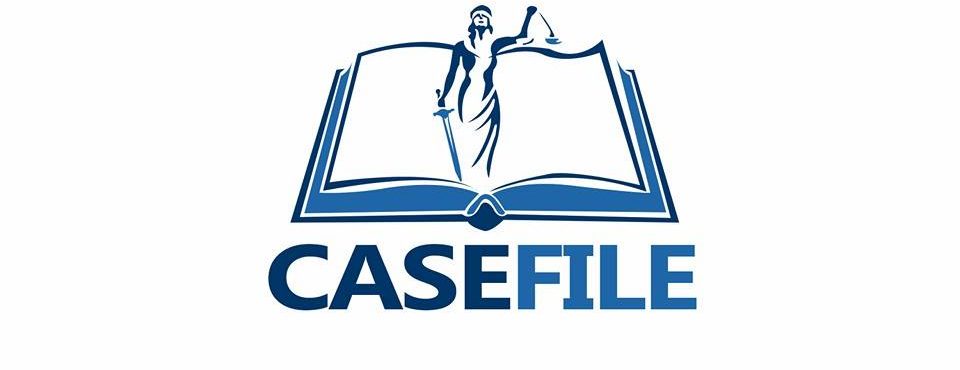Trial of former acting Director-General of the Federal Institute of Industrial Research, FIIRO, Oshodi, Lagos, Chima Cartney Igwe, for alleged certificate fraud began on Monday with the evidence of an investigator with the Independent Corrupt Practices Commission, ICPC, Mrs. Vera Esidene.

The first prosecution witness while testifying before a Special Offences Court in Ikeja disclosed that the ICPC received three petitions calling for the investigation of the ex-Director-General of FIIRO.
While being led in evidence by a member of the ICPC prosecuting team, Mr. Kehinde Adetoye, the witness said that in 2019, three petitions were written against the embattled Igwe calling for the investigation of his PhD certificate.
Testifying further,”The first was titled ‘Forged PhD Certificate by Chima Igwe,’ the second was titled ‘Call to Probe the PhD Certificate’ and the third petition was titled ‘Demand for Immediate Probe and Request for the PhD Certificate’.”
The ICPC investigator explained that upon receiving the petitions, the Commission assigned the case to her team and they immediately swung into action.
Esidene explained,”Part of our strategy was to write letters to the defendant, to FIIRO, invite some of the staff, we also wrote letters requesting some documents from the staff precisely the defendants letter of approval to enable him seek for his PhD.
“We requested for the letter he submitted after he claimed to have completed the program. We also requested for his promotion letter and an extract of the board meeting minutes held at FIIRO,” she revealed.
During the investigator’s testimony, Mr. Adetoye requested that the three petitions that were written against Igwe be tendered into evidence.
But the defence counsel, a Senior Advocate of Nigeria, Mr. Victor Opara objected to the submission of the prosecutor on the premise that the copies of three documents were not original copies and as a result, fell short of the requirements of Section 86 of the Evidence Act.
Opara argued, “Where the original is not presented, a reason must be given to your Lordship. There is no foundation as to where the original is.
“The makers of this document were not brought and the witness is not the maker. I refer your Lordship to Section 83(1)(b) of the Evidence Act. As a result, this document remains ‘documentary hearsay.”
In his response, the lead prosecutor of the ICPC team, Mr. Henry Emore said that the copies of petitions are public documents.
He said,”The documents are from private citizens but were addressed to the Chairman, ICPC. Immediately these documents were received by the ICPC, they became public documents.
He continued,”The witness has presented the documents in their proper form and we have met all requirements for certification of the documents under Section 104 of the Evidence Act.”
The trial judge, Justice Sherifat Solebo in a ruling admitted the petitions into evidence.
She expressed that there was no need to bring the authors of the petitions to court for the petitions to be admissible as evidence.
She held,”The petitions are fundamental to this trial. The Certified True Copies of any public document is admissible in evidence not the original.
“There is nothing proscribing the admissibility of these three documents. I hereby admit them as Exhibits A1, A2 and A3,” the judge ruled.
The case was adjourned until February 22 for continuation of trial.


